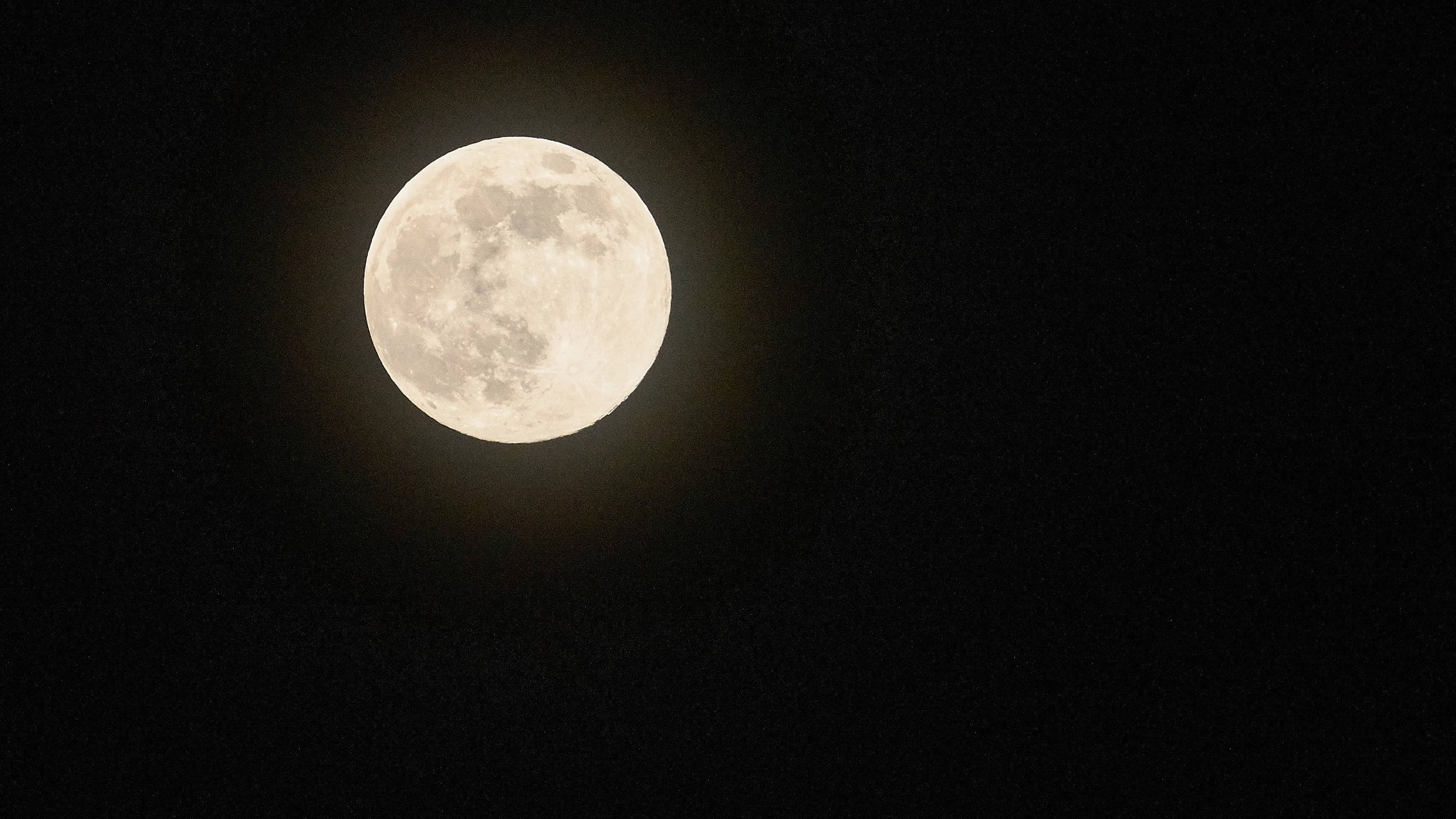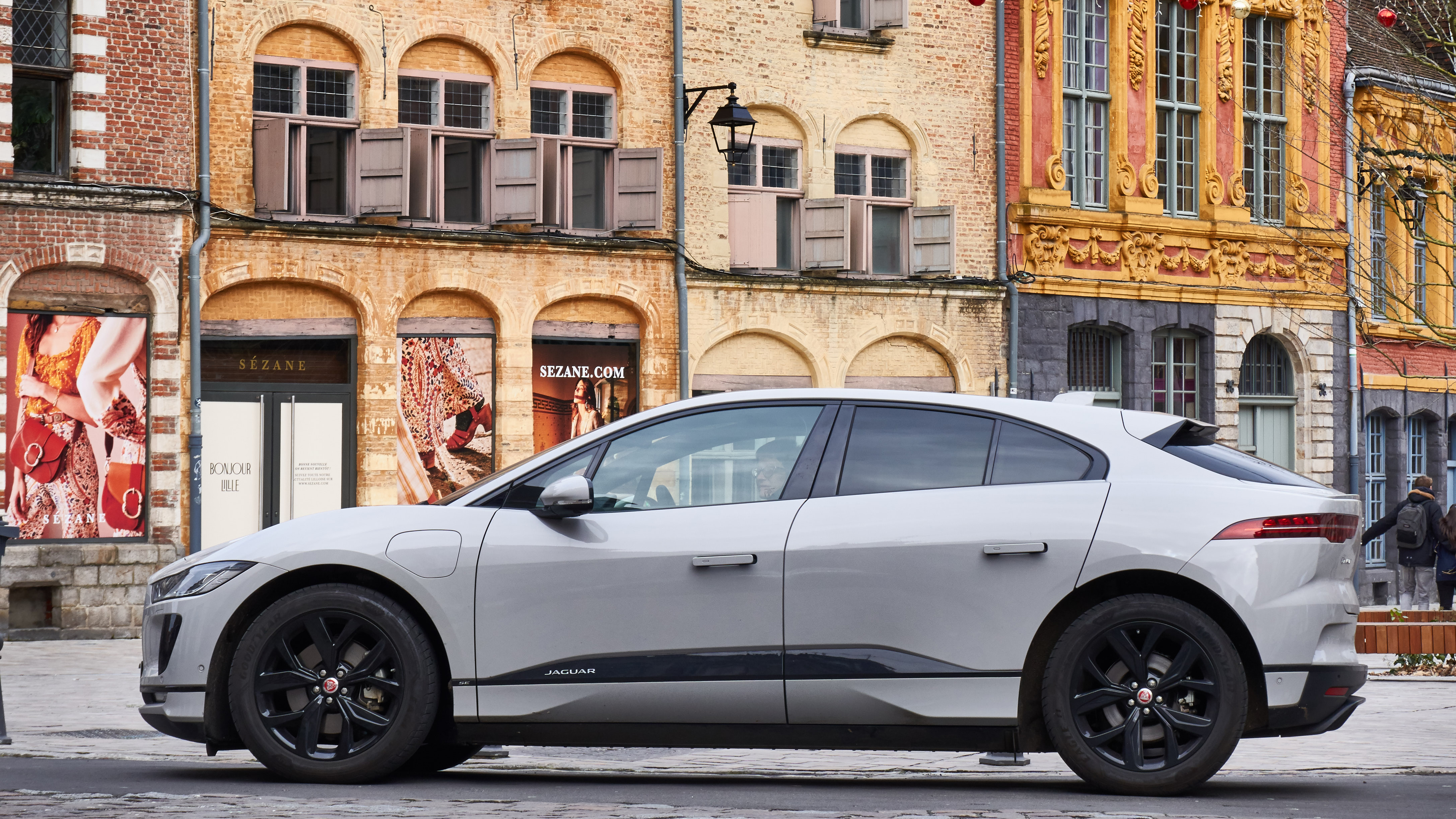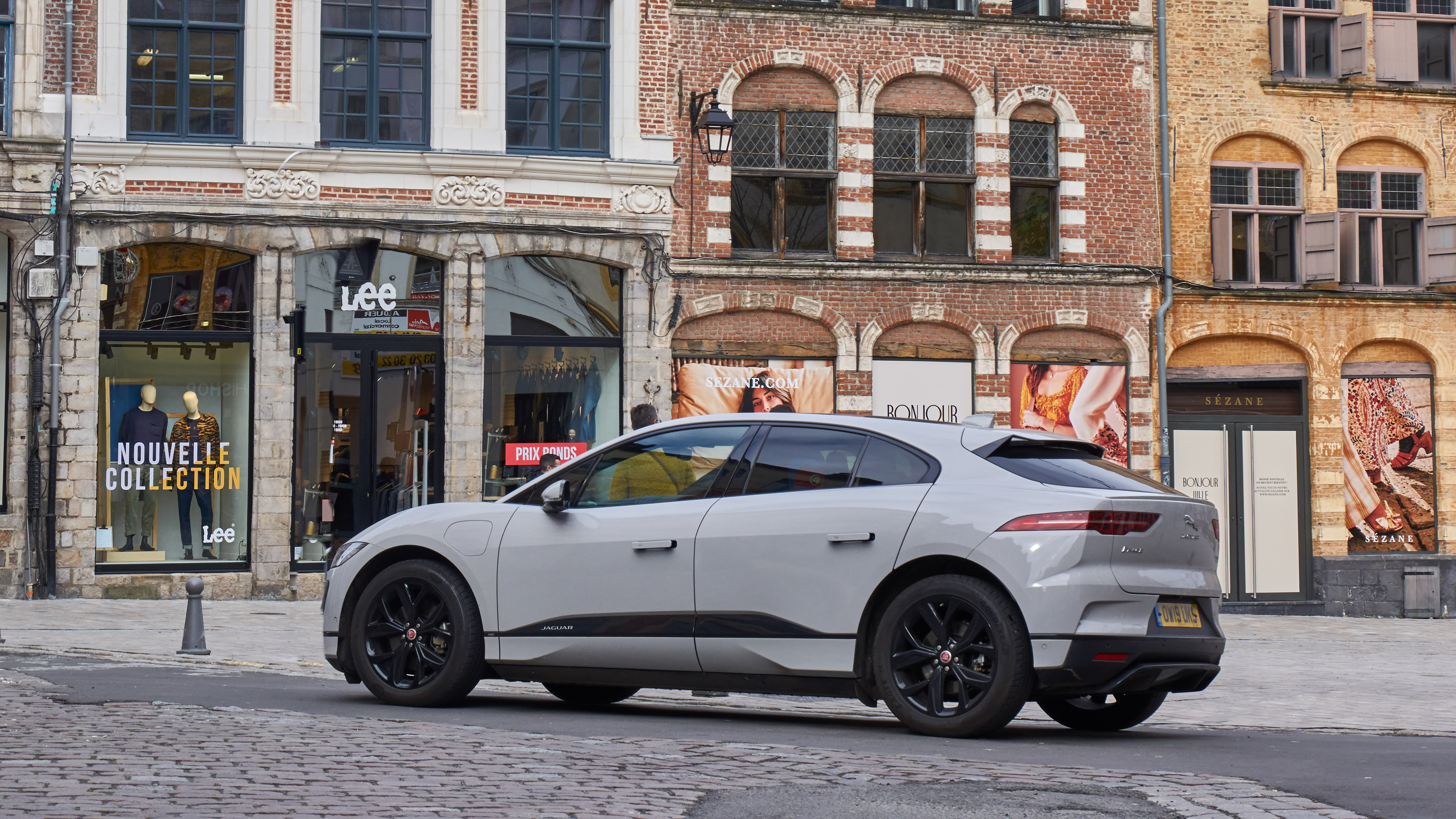
SPEC HIGHLIGHTS
- SPEC
Jaguar I-Pace
- Range
273 miles
- ENGINE
1cc
- BHP
400bhp
- 0-62
4.8s
Why the crystal-clear supermoon shows we need more electric cars
This photo of the so-called 'super-moon' was shot last night. Not from a telescope up a mountain on a mid-ocean island, but by me with an amateur camera from outside my front door. Which is right by one of London’s most polluted roads.
Pollution isn’t so much of a thing in London right now. Which shows why, when lock-down eventually lifts, we need more clean vehicles like the Jaguar.
On a normal day, cities are choked with elderly and badly serviced cars and vans kicking out soot particles and NOx that darken the air and stifle the breathing of the elderly, bring on heart disease and choke the asthmatic. Oh and slow the development of children's brains.
The most recent authoritative scientific study, by the Max Planck Institute for Chemistry, calculates that air pollution causes 64,000 early deaths every year in the UK. Much of that pollution comes from traffic. Look at a London pollution map and it looks uncannily like a road map.
Now, the reason we've got no traffic as I write is that we're facing the human disaster of the coronavirus. On the night of the super-moon, UK deaths from that cause passed a ghastly total of 7,000. It'll get worse, but for it to get to 64,000 would be unbelievably dark. And this is, we fervently hope, a once-in-a-century event.
Yet here we are somehow tolerating 64,000 deaths from air pollution every single year. It's hidden because it usually isn't recorded as cause of death. Instead the doctor names the underlying condition that the pollution has worsened. Or put another way, it shortens the average Briton's life expectancy by more than 500 days.
For all our sakes get a clean car, or keep yours serviced so it runs as cleanly as it can.
Featured

Trending this week
- Car Review
Volvo ES90






